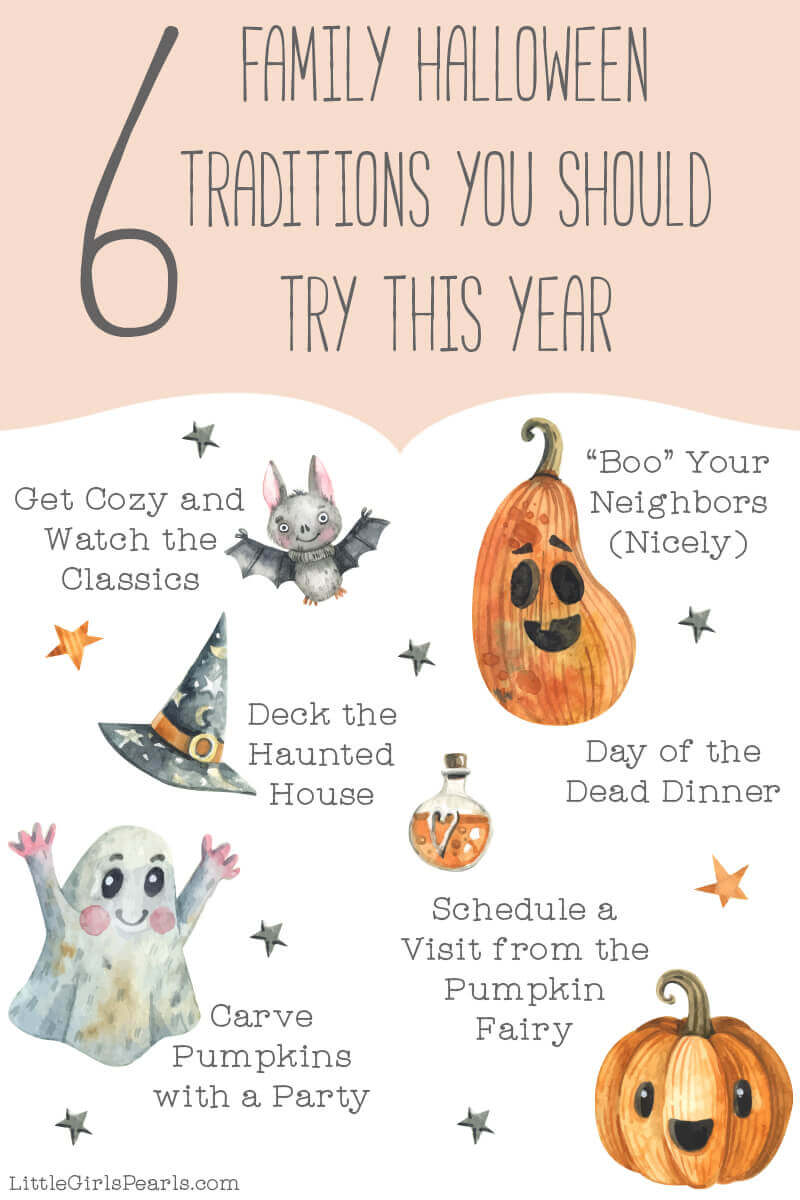Let’s know what is Halloween and why is it celebrated in the world every year on the 31st of October.
What is Halloween?

This enigmatic occasion unfolds its mysteries on the eve of October 31st. Its origins trace back to the ancient Celtic gala known as Samhain, which was traditionally observed on November 1st. Samhain marked a peculiar juncture in Celtic belief, where the ethereal boundary between the realm of the living and that of the deceased became notably translucent, permitting the easy passage of spirits. To deter these unearthly visitors, individuals donned disguises and ignited grand bonfires.
As centuries unfurled, Samhain found its niche within the tapestry of Christian customs, and its nomenclature was transformed into “All Hallows’ Eve.” This event precedes All Saints’ Day, a day dedicated to venerating saints and martyrs.
Why Halloween is celebrated?

Halloween’s contemporary festivities manifest in diverse forms across the globe, each shrouded in a tapestry of its own traditions. Notable among these are:
- Masquerades: People of all ages engage in elaborate costume rituals, often channeling eerie or macabre personas.
- The Dance of Beguilement: Children embark on a twilight pilgrimage, knocking upon doors in their disguises, in pursuit of confections and other morsels.
- Gourd Artistry: Enthusiasts sculpt pumpkins into eerie visages and position them by thresholds or within gardens.
- Revelry of the Night: People assemble to carouse, paying homage to Halloween through elaborate attire, gastronomic indulgences, and ornate embellishments.
Halloween’s origins in Celtic folklore may be discerned, yet it has metamorphosed into a secular observance cherished by individuals of all ages. It unites people in a jubilant celebration of the uncanny and the bizarre.
Halloween: An In-depth Appraisal
The commemoration of Halloween unfurls for a multiplicity of reasons. It holds both religious and jovial significance for its celebrants.
Religious Implications: Within the Christian framework, Halloween offers a juncture to venerate saints and martyrs, ushering in the hallowed eve that precedes All Saints’ Day. Across various religious spectra, Halloween may take on distinct spiritual significance. For instance, in Mexico, it evolved into “Día de los Muertos,” a day devoted to honoring and cherishing departed loved ones.
Mirthful and Festive Traditions: Halloween’s universal appeal stems from its capacity to serve as a lighthearted and vibrant rendezvous for friends and families. A plethora of individuals partake in the revelry by donning intricate disguises, indulging in the age-old tradition of trick-or-treating, adorning pumpkins with artistry, and attending vibrant Halloween soirées.
Diverse Motivations: A subset of Halloween enthusiasts celebrates this enigmatic holiday out of sheer delight for the eerie and the unconventional. Halloween becomes a canvas for the exploration of humanity’s darker facets, allowing a candid encounter with our fears and morbid curiosities.
Global Observations of Halloween
Halloween finds its global audience with each corner of the world celebrating it in its unique idiosyncratic manner. In the United States, Halloween commands a remarkable following, replete with the customary festivities as elucidated earlier.
Elsewhere, Halloween’s observance manifests diversely. In Ireland, the legacy of Samhain persists, with a focus on the remembrance of dearly departed ones. Mexico metamorphoses Halloween into “Día de los Muertos,” a commemorative event to honor and celebrate loved ones who have passed away.
In Conclusion
Halloween, an event of universal allure, bridges generations and cultures worldwide. It constitutes a moment when individuals converge to relish the enigmatic and the bizarre. Whether your motivation to celebrate springs from its religious importance, the jovial and vibrant traditions it houses, or a simple fascination with the eerie and unconventional, Halloween, with its intricate tapestry of customs, has something to proffer to each and every soul.